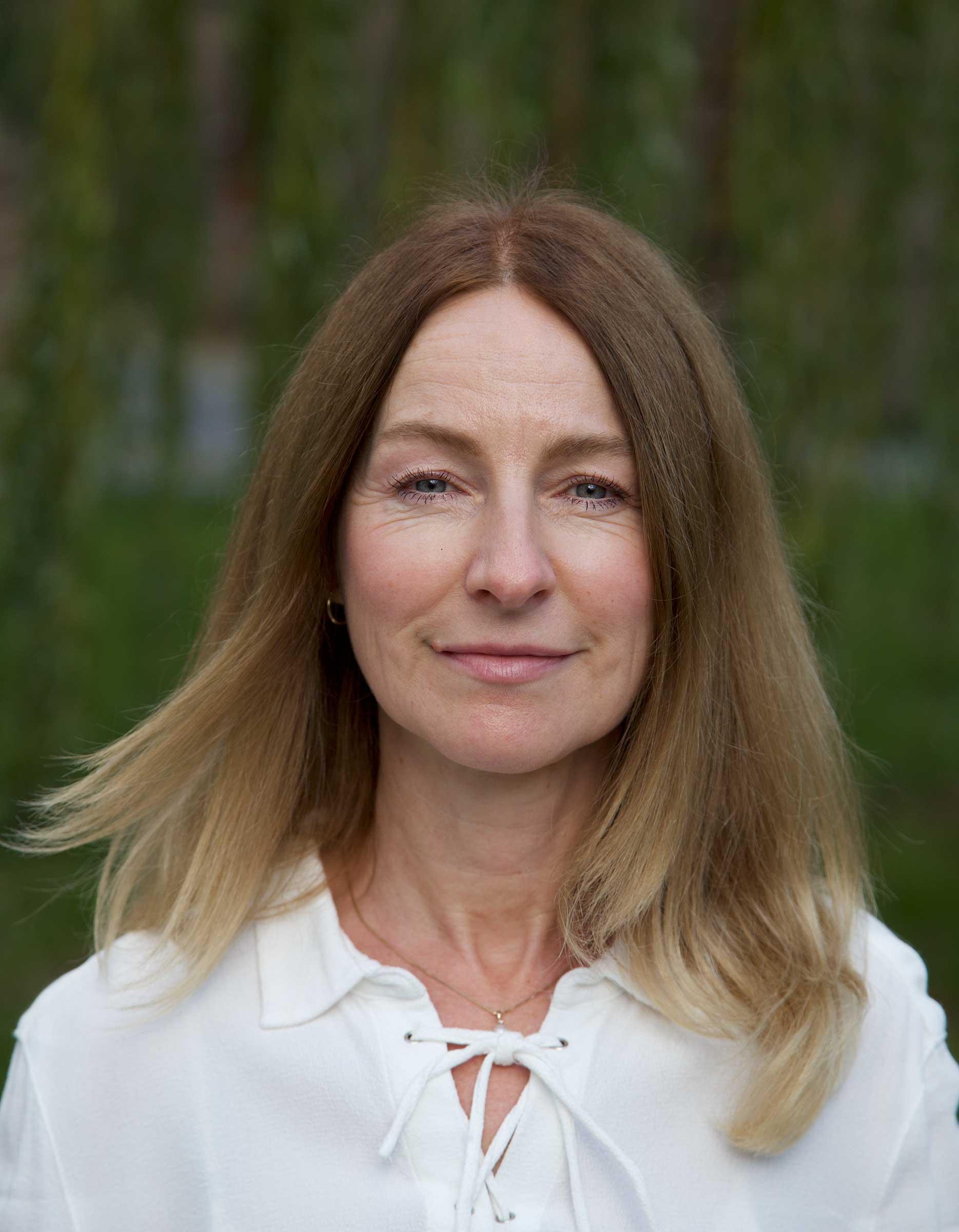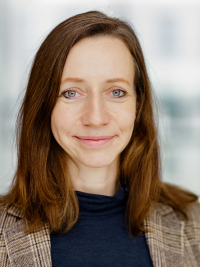Attachment theory, which includes psychoanalytical aspects of early experiences and precarious life circumstances and focuses on transitional situations, is the focus of the first weekend. The question of what it means for children and young people to grow up in a traumatising environment will be explored. The focus will also be on resilience, which plays an essential role in protecting against psychological injuries. Finally, based on the theoretical understanding of psychoanalytical developmental psychology and transgenerational transmission of trauma, the possibility of corrective relational experiences will be discussed.
The second weekend shifts the focus to the professional handling of highly stressed people. What characterises a trauma-sensitive attitude and how do psychotherapy and pedagogy differ from each other? The development of a sensitive professional attitude is closely linked to the concepts of trauma pedagogy. These are the focus of the unit. In addition, diagnostic approaches such as scenic case understanding, resource-oriented anamnesis procedures and individual screening instruments are examined with regard to their usefulness for educational practice.


